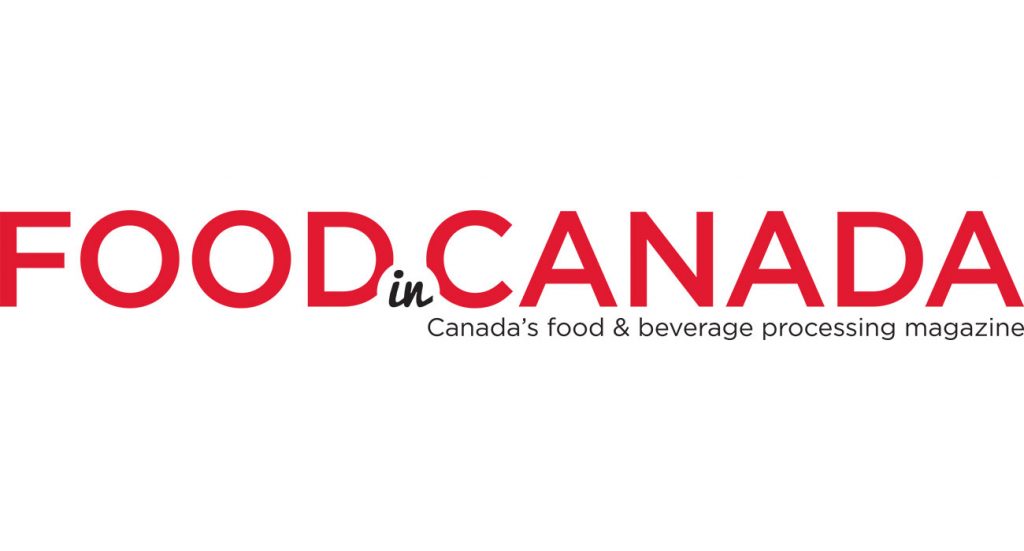General Mills unveils climate action plan, commits to zero deforestation by 2025

General Mills released its 2024 Global Responsibility Report, detailing progress the company made across three priority areas — Planet, People and Food — during the 2023 fiscal year.
To drive collective action and continued progress toward the company’s commitment to reduce greenhouse gas (GHG) emissions across its value chain by 30 per cent by 2030 and achieve net zero emissions by 2050, General Mills also released its first Climate Transition Action Plan.
The plan details the company’s integrated approach and evolved decarbonization strategies across four key climate levers — agriculture and ingredients, energy and manufacturing, transportation, and packaging.
General Mills is committing to no deforestation in the supply chains of the palm, cocoa, and fibre it sources by 2025.
The company surpassed its 2030 Scope 1 and Scope 2 SBTi goals in 2022 and is driving further reductions across its owned operations. Nearly half of the company’s GHG emissions occur upstream of its direct operations, in agriculture, ingredients and packaging. Through 2023, General Mills reduced total value chain emissions by seven per cent and further reduced Scope 1 and 2 emissions by 12 per cent compared to last year, and 51 per cent compared to its 2020 baseline.
“The health of our planet and our ability to make food the world loves are inherently intertwined,” said Mary Jane Melendez, chief sustainability and global impact officer, General Mills. “Our Climate Transition Action Plan and continued progress demonstrate how we are working from the ground up, with partners across our value chain and industry, to help solve today’s food and agriculture challenges and build a resilient future.”
For the first time ever, the company reached gender parity at the director level and increased female representation at the officer level by four per cent since last fiscal year.
Source: www.foodincanada.com

